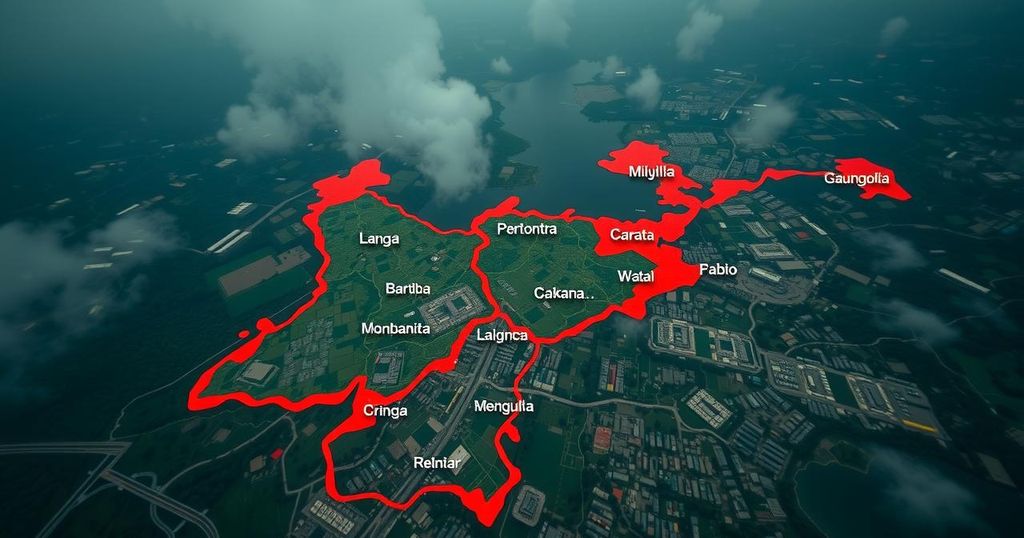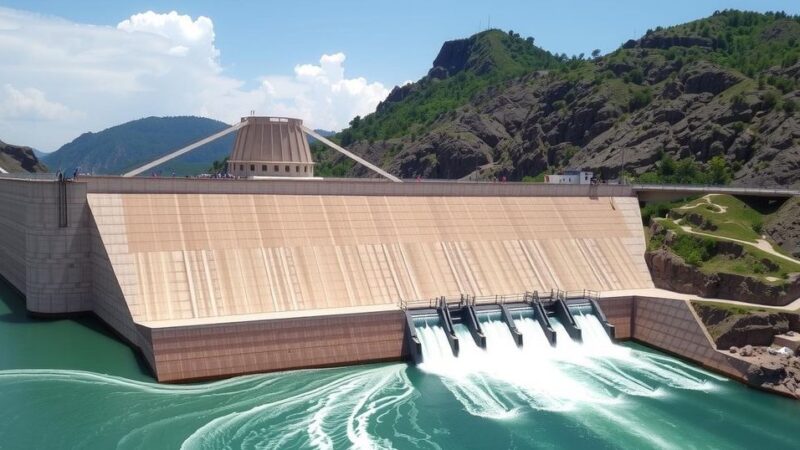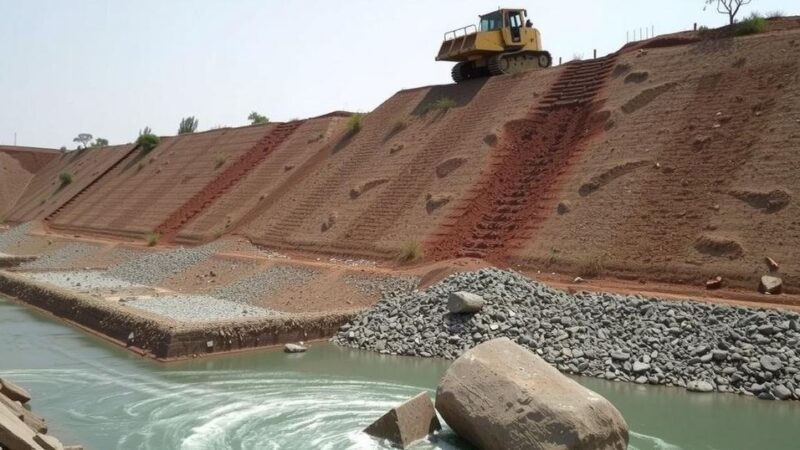The Democratic Republic of Congo faces a profound crisis rooted in decades of post-colonial conflict, fueled by ethnic tensions, corruption, and struggles for control over natural resources. With over 100 armed groups operating amid severe governance challenges, the impacts on the population include mass displacement, rampant human rights abuses, and extreme poverty. Comprehensive measures for justice and reparations, alongside humanitarian support, are vital for breaking the cycle of violence and fostering stability.
The Democratic Republic of Congo (DRC) continues to grapple with a crisis rooted in a series of post-colonial power struggles that commenced following its independence from Belgium in 1960. This crisis, marked by persistent armed conflicts, particularly in the eastern regions bordering South Sudan, Uganda, Rwanda, Burundi, and Tanzania, has been exacerbated by ethnic tensions, political discord, widespread corruption, and the contestation for valuable natural resources. Over 100 armed groups, including local militias formed to protect communities amidst prolonged unrest, operate within the DRC, further complicating the situation with evolving loyalties often shaped by ethnic identities and economic interests. Several factors contribute to the ongoing conflict, including poor governance, ineffective management of post-colonial nation-building, and disputes over land and natural resources. The colonial legacy has left deep divisions between various ethnic groups, a situation aggravated by colonial-era policies that favored certain populations while marginalizing others. The DRC’s vast natural resources, such as coltan, gold, and cobalt, have become focal points for conflict as various armed factions vie for control and funding from these lucrative assets. The legacy of weak governance traces back to Mobutu Sese Seko’s thirty-two-year rule, characterized by corruption and oppression. Following the fall of his regime in 1997, armed groups flourished amidst local and regional power struggles, further destabilizing the nation. The conflicts have also been influenced by foreign interventions, particularly by Rwanda and Uganda, with the aftermath of the Rwandan genocide in 1994 driving millions into the DRC and leading to complex regional conflicts known as the First and Second Congo Wars, often referred to as “Africa’s World War.” Human rights abuses during the ongoing conflicts have resulted in a humanitarian catastrophe, with reports of mass killings, sexual violence, enforced disappearances, and widespread poverty. As of April 2024, more than 7.3 million individuals have been internally displaced, highlighting one of the largest displacement crises globally. Despite ongoing armed conflicts, the DRC remains among the poorest nations, with over 74.6% of its population subsisting on less than $2.15 per day in 2023. To bring an end to the violence, there is an urgent need for truth, justice, and reparations for victims, alongside the provision of humanitarian assistance and the empowerment of civil society in the DRC. Accountability for crimes committed is vital in breaking the cycle of violence and healing the wounds of the past. Addressing historical grievances and facilitating a process of acknowledgment for the victims’ suffering may serve as a critical step towards fostering peace and stability in the nation.
The Democratic Republic of Congo is steeped in a complex web of historical grievances, ethnic divisions, and persistent power struggles that have culminated in decades of conflict. The legacy of European colonialism, particularly the brutal rule of Belgian King Leopold II and the subsequent Belgian administration, forged deep-rooted ethnic tensions through exploitative practices and manipulation of local populations. The DRC’s rich reserves of natural resources, juxtaposed with pervasive corruption and poor governance, set the scene for continuous struggles over control. Following independence in 1960, the lack of a stable governmental structure paved the way for armed groups to rise amid the chaos, exacerbated by foreign interventions and significant regional dynamics. The interconnection between historical injustices, ongoing violence, and a humanitarian crisis underlines the necessity for comprehensive measures to address the root causes of conflict and catalyze recovery.
The Democratic Republic of Congo’s enduring conflict can be attributed to a complex interplay of historical injustices, ethnic tensions, and struggles for control over invaluable natural resources. The impact on the Congolese populace has been devastating, characterized by widespread human rights violations, mass displacement, and pervasive poverty. To work towards sustainable peace, it is essential to address the historical grievances, ensure justice and accountability, and provide humanitarian assistance, ultimately fostering a stable and equitable society that honors the rights and dignities of all its citizens.
Original Source: www.amnesty.org







